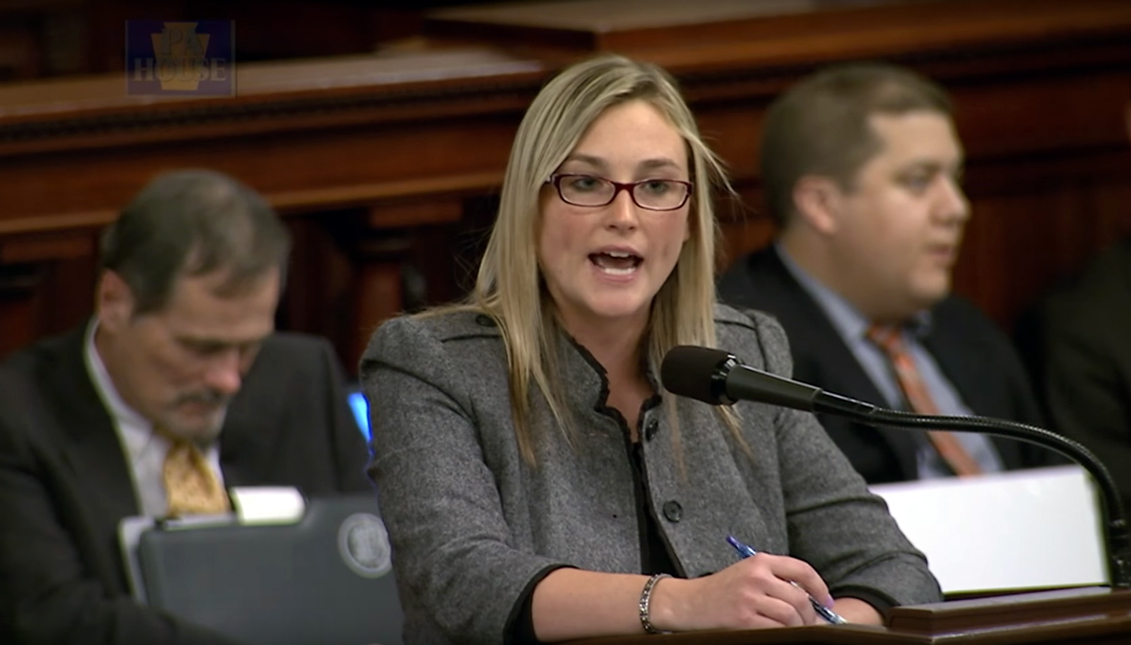
New bill looks to hold 'sanctuary cities' accountable for damages
If passed the proposed law would essentially dismantle Philadelphia's executive order.
State Rep. Martina White on Thursday introduced a bill to “counter unlawful sanctuary cities in the Commonwealth of Pennsylvania.”
The bill first came to light last month. Philly Mag reported on a memo sent out to House members saying White intended to submit such a bill.
“We cannot have elected officials and municipal employees reject the law,” she said in a statement. “If they disagree with the law they should advocate for it to be changed. Choosing not to uphold our laws sets a dangerous precedent.”
In the release, White’s office calls out Mayor Jim Kenney for signing an executive order on his first day in office which blocked cooperation between local police and Immigration and Customs Enforcement when it comes to detaining undocumented immigrants. This order reestablished the 2014 policy which had been altered by the previous administration in its eleventh hour.
White’s bill seeks to hold cities with such policies liable for any damages to people or property as a result “criminal activity by unauthorized aliens.” The bill would essentially dismantle Philadelphia’s executive order.
The legislation also would prohibit restrictions on an official or employee of the municipality from:
“So-called ‘sanctuary cities’ place themselves above the law,” White said. “Essentially, they allow illegal immigrants who could have a criminal background and pose a threat to be safe from federal expulsion. This is a dangerous policy we must not tolerate.”










LEAVE A COMMENT: